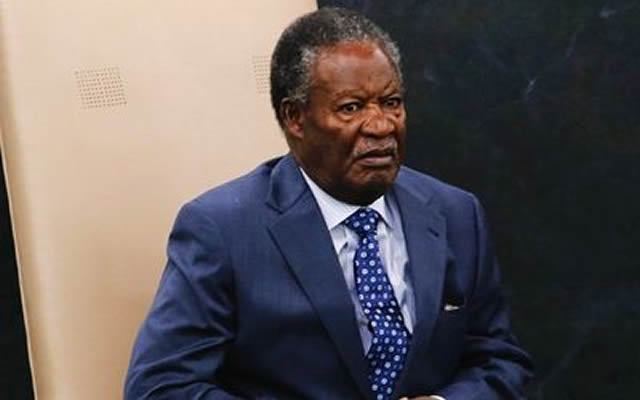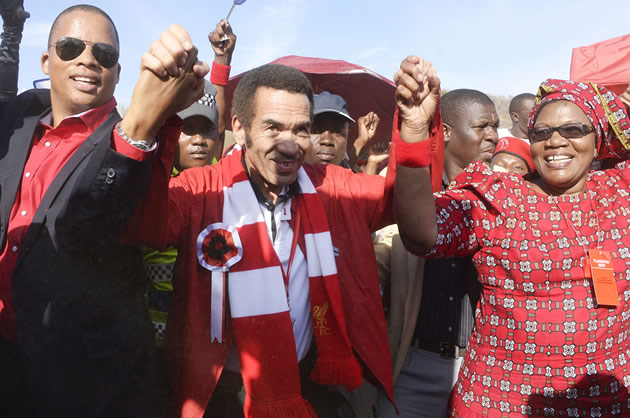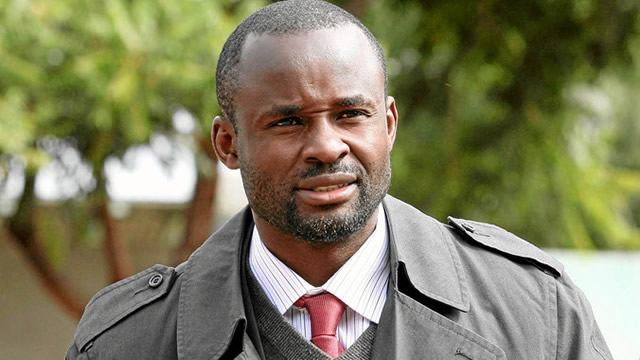EDITORIAL COMMENT: Zambia must not rely on mono-economy

Zambia yesterday marked its golden jubilee of independence from British colonial rule in an atmosphere of pomp and pageantry. It is half a century of self rule that we as Zimbabweans celebrate as well because Zambia and Zimbabwe have the same colonial history, waged the same struggle, have maintained that close relationship after they attained freedom and share the same aspirations.
Zambia’s founding President, Cde Kenneth Kaunda, a legend of legends who is much loved in Zambia as in Zimbabwe, across Sadc and the world, sat among other key political figures at the Heroes’ Stadium at a massive celebration in Lusaka.
The theme for the 50th independence anniversary was “Commemorating God’s Favour of Zambia’s 50 Years of Independence for Continued Peace, Unity, Democracy, Patriotism and Prosperity.”
In a speech read on his behalf by Acting president, Edgar Lungu, President Michael Sata hailed the momentous occasion, looking back to the past 50 years, and the years leading to their independence in 1964, with great pride and looking ahead with hope
“Today, we celebrate this day in history when our forefathers emerged victorious 50 years ago,” said President Sata.
“Their tireless and heroic sacrifices have made it possible for us to be here today. When we look back, we are proud of our achievements as a nation. At independence, we created a new country eager to rule itself but challenged in several respects by such constraints as poor human capital attainments inherited from colonialism. We, however, met the challenges of nation-building with single-minded determination and enthusiasm.”
He said the major task for Zambia as it forges ahead, is to modernise and transform the country’s socio-economic conditions through sustained rapid economic growth.
We are indeed happy for our northern neighbour, a country with whom we have seamless political and economic ties. These are sealed by the strong, natural, people-to-people ties between our peoples.
As we join the Zambians in marking this milestone, we recognise that for about 16 years, and under the strong leadership of Dr Kaunda, Zambia did not enjoy the first years of their independence fully. It was one of the key sponsors and supporters of our liberation war.
All of Zimbabwe’s first liberators were stationed in Lusaka, running away from a vile British colonial system in the then Rhodesia. While in Zambia, they refined a new more robust strategy to actually take the gun to fight the enemy for our own independence, Dr Kaunda gladly offered his country for rear bases from which our liberators launched strikes. It was after a few years that Zanla forces left Zambia and set up base in Mozambique from where they prosecuted the liberation struggle, but Zipra remained in Zambia.
Zambia was destabilised socially, economically and politically by the Rhodesian government for daring to openly support the guerillas in their fight for independence. We cannot forget the Freedom Camp massacres; we cannot forget the assassinations of Cde Herbert Chitepo and Jason Moyo in Lusaka.
We cannot be accused of hyperbole when we say that some of the challenges that Zambia faced in the later years of Cde Kaunda’s rule were a result of that country’s huge sacrifices for our cause.
For that, we have no words to describe our gratitude to Zambia.
The political leaders who came after Dr Kaunda, the late Fredrick Chiluba, Levy Mwanawasa, Rupiya Banda and the incumbent, Cde Sata have maintained that tradition of close relations with Zimbabwe.
Looking ahead, Zambia, like all of us, has that challenge of ensuring that the people enjoy the independence dividend. The people need decent lives, they need jobs, they need continued peace and freedom, they need to be active in their economy, not just as workers, but also as owners of the factors of production.
Zambia has great potential for growth as she is blessed with abundant minerals and fertile lands that can support a huge agriculture industry. We note, however that the lifeline mineral up north is copper. One of the challenges they face is to diversify their economy so they don’t rely on copper alone.
Everyone knows that one instrument that the West used when they targeted Dr Kaunda for ouster was to orchestrate a sharp decline in the price of copper, a development that saw government revenues plummet.
The economy collapsed, precipitating the end of his government. So while the boom times are back now, with the prices of the mineral strong, Zambians mustn’t forget that a mono-economy is not good enough.
Poverty rates, at 70 percent of the population, are too high and work must be done to improve them.
As Zambia moves ahead beyond the half century, we wish them well economically, socially and politically.










Comments